Guidance and Support
On this page you can find out more about what a Coroner is, what the Coroner's service does, what to do after someone dies and more.
What is a coroner and what do they do?
Coroners investigate deaths that have been reported to them if they think that the death was violent, unnatural, the cause of death is unknown, or the person died in prison or another type of state detention.
When a death is reported to a coroner, they:
- decide whether an investigation is needed; and if it is,
- investigate to establish the identity of the deceased; how, when and where they died; and any information they need to register the death; and,
- use the information discovered during the investigation to prevent other deaths.
For a full guide to coroner services, including an explanation of the coroner's investigation, the inquest process, and links to organisations that can provide help and advice please see the link below.
Read the guide to coroner services on GOV.UK
You can also read more about the Chief Coroner, the head of the coroners service, on their website:
www.judiciary.uk/related-offices-and-bodies/office-chief-coroner
Frequently Asked Questions about the Chief Coroner and the Coroner Service
Annual Updates to the Chief Coroner
What to do when someone dies
The Government has a step-by-step guide on what to do when someone dies on their website:
Support for bereaved families
The Coroners’ Courts Support Service (CCSS) is an independent voluntary organisation whose trained volunteers offer emotional support and practical help to bereaved families, witnesses and others attending an Inquest at a Coroner’s Court. The volunteers can assist you throughout the inquest process and accompany you at the court or support you online or by telephone.
National Helpline tel: 0300 111 2141
Lines are open 9:00am – 5:30pm Monday to Friday
Email: helpline@ccss.org.uk
For more information, visit their website: https://coronerscourtssupportservice.org.uk/
Support After Suicide: Sources of help and support for those bereaved by suicide: Support After Suicide
West Central London MIND: Visit their website: Suicide Bereavement Support - West Central London Mind
Rethink Mental Illness: directs you to a variety of mental health and suicide awareness and support groups which may be local to you. Visit their website: Advice, information and support from the experts
The British Heart Foundation: Search - BHF
If you feel unable to cope and need to speak to somebody or get more information immediately, we recommend contacting:
- Samaritans: call 116 123
- SHOUT: text SHOUT to 85258
- Campaign Against Living Miserably: call 0800 585 858 or visit their website Homepage | Campaign Against Living Miserably (CALM)re
- Survivors of Bereavement by Suicide: call 0300 115 065 or visit their website Survivors of Bereavement by Suicide - Overcoming the isolation of people bereaved by suicideere
- CRUSE Bereavement Care: call 0808 808 1677 or visit their website Home - Cruse Bereavement Support
- Is your life in danger? If you have seriously harmed yourself, call 999 for an ambulance or go straight to A&E. Or ask someone else to call 999 or take you to A&E.
How the Coroners Service uses personal data
The General Data Protection Regulation (GDPR) came into effect on 25 May 2018, replacing the previous rules under the Data Protection Act 1998. The new rules strengthen the protection of personal information and extend the rights that we all have over who holds our information and how it is used.
This is how the rules apply to the Coroners Service:
- Information about deceased persons is not covered by Data Protection. However, we still consider their dignity and privacy when sharing information. Disclosure of the Coroner's file of evidence will only be given to Properly Interested Persons, prior to the inquest to allow them time to prepare. This always includes the family of the deceased and can include hospital Trusts and other agencies. Disclosure is made up of reports, statements and medical records only. We carefully prepare the disclosure pack so that personal information about living people is never shared.
- Inquests are heard in open court and members of the public are entitled to attend. The conclusion of the inquest is a matter of public record, and any person can request a copy of a death certificate from the Registrars Office. Audio recordings of the inquest are available to Properly Interested Persons only.
- Information about living people is covered by the GDPR in the usual way. If we take personal information from you such as your contact details or bank details, we will let you know how it will be used and how long we will keep it. We will only take the information we really need.
- Some information, such as the personal details of witnesses, forms part of the Coroner's file of evidence. It is not disposed of after the inquest because the file must be retained in its complete form. It is deposited in our secure off-site archives. If the Coroner were to allow disclosure from the file in the future - for example if the family made a civil claim - information about living people would never be shared.
If you have questions or concerns about how we use your data, please contact the office: HMCoroner@lbhf.gov.uk
© 2020 West London Coroner
